How to Prepare for Breastfeeding Before Giving Birth
Congratulations, mama! If you're planning to breastfeed, we have some wonderful news: you can start preparing right now, even before your little one arrives. Taking a few simple steps during pregnancy can make those early days with your newborn so much smoother and more confident. Whether you're attending a breastfeeding class, connecting with a lactation consultant, or gathering helpful resources, this guide will walk you through everything you need to know to feel ready and empowered.
Build Your Support Circle
Every new parent needs help when starting their breastfeeding journey. You don't have to figure this out alone! Before delivery day, take some time to connect with people who can support you:
- Friends who've breastfed before – They've been there and can offer real-world advice
- Family members – Having someone in your corner makes all the difference
- Your obstetrician or midwife – They're valuable resources throughout your pregnancy and beyond
- Your pediatrician – They'll be your baby's healthcare partner from day one
- A lactation consultant – These specialists are trained to help with any breastfeeding challenges
- Peer support groups – Connecting with other breastfeeding parents can be incredibly reassuring
Learn Now, Feel Confident Later
Knowledge is power, especially when it comes to breastfeeding. Here are some ways to prepare:
- Pick up a breastfeeding book or browse helpful brochures
- Attend a breastfeeding class or join a peer support group in your area
- Ask questions about things you've heard
- Explore additional resources online, like educational handouts designed for parents
Your First Hours Together: What to Expect
The moments right after birth set the stage for successful breastfeeding. Here's what helps:
Skin-to-skin contact immediately – Hold your baby against your bare chest right after birth and keep them there until that magical first feeding happens.
Timing matters – Ask your healthcare team to delay routine procedures like weighing your baby, eye treatments, and vitamin K shots until after you've had a chance to breastfeed for the first time.
Room together – Keep your baby in your hospital room 24/7 (this is called rooming-in). Having your little one close helps you learn their cues and respond quickly.
Feed on cue – Watch for your baby's feeding signals and nurse whenever they show interest, aiming for at least 8 feedings in every 24-hour period.
Protect your bonding time – Plan for some quiet time at the hospital without a parade of visitors. You and your baby need time to connect and learn together.
Offer the breast for comfort – Skip the pacifier in these early days. If your baby is fussy or wants to eat, your breast provides both nutrition and comfort.
Avoid unnecessary supplemental feeding – Unless your healthcare provider tells you there's a medical reason, your baby doesn't need supplemental bottle feedings.
Say no to formula samples – Politely decline samples of formula or other items that might distract with breastfeeding.
Conclusion
Starting your breastfeeding journey with preparation and support makes all the difference. Remember, breastfeeding is natural, but it's also a learned skill for both you and your baby. Be patient with yourself, and trust that you're doing your best.
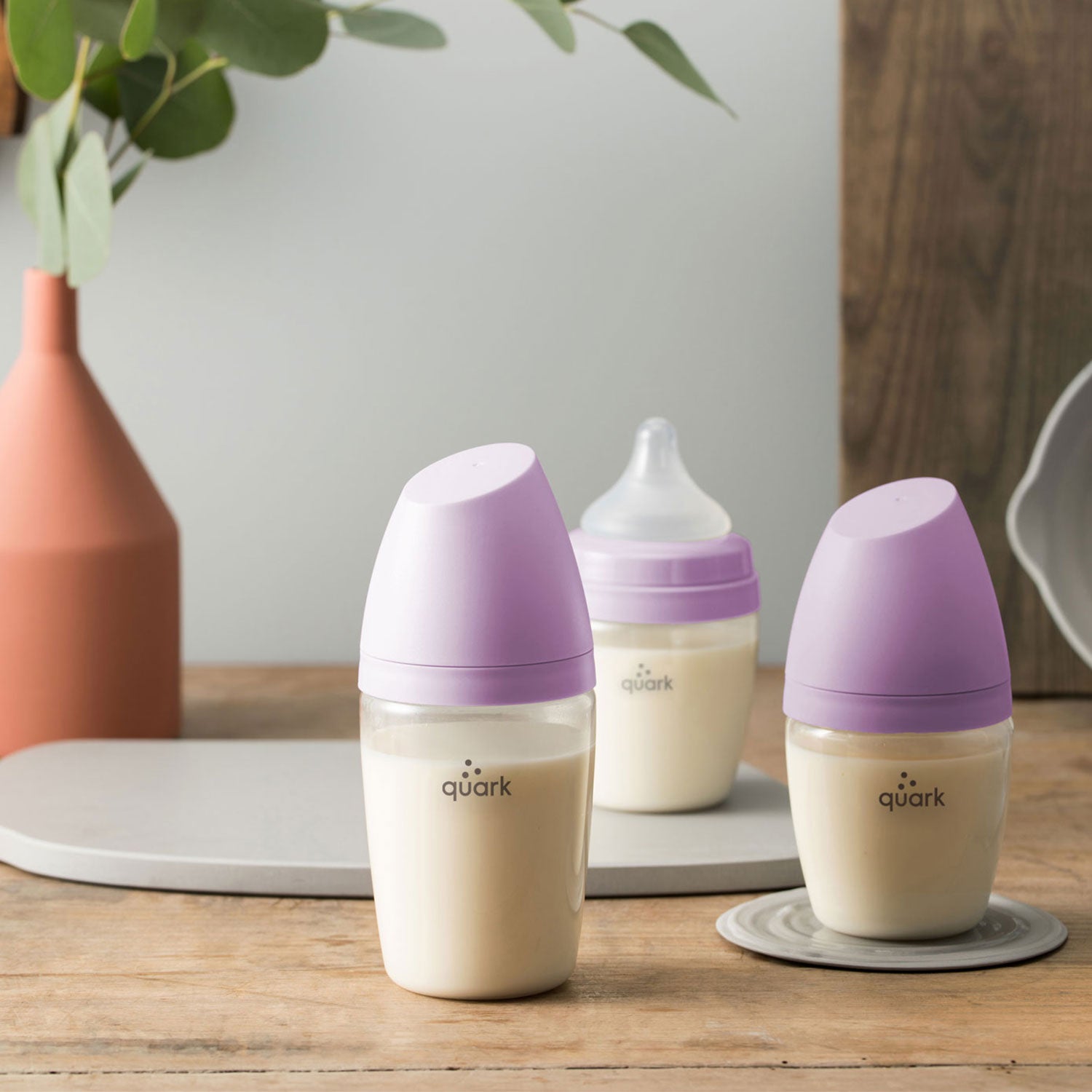
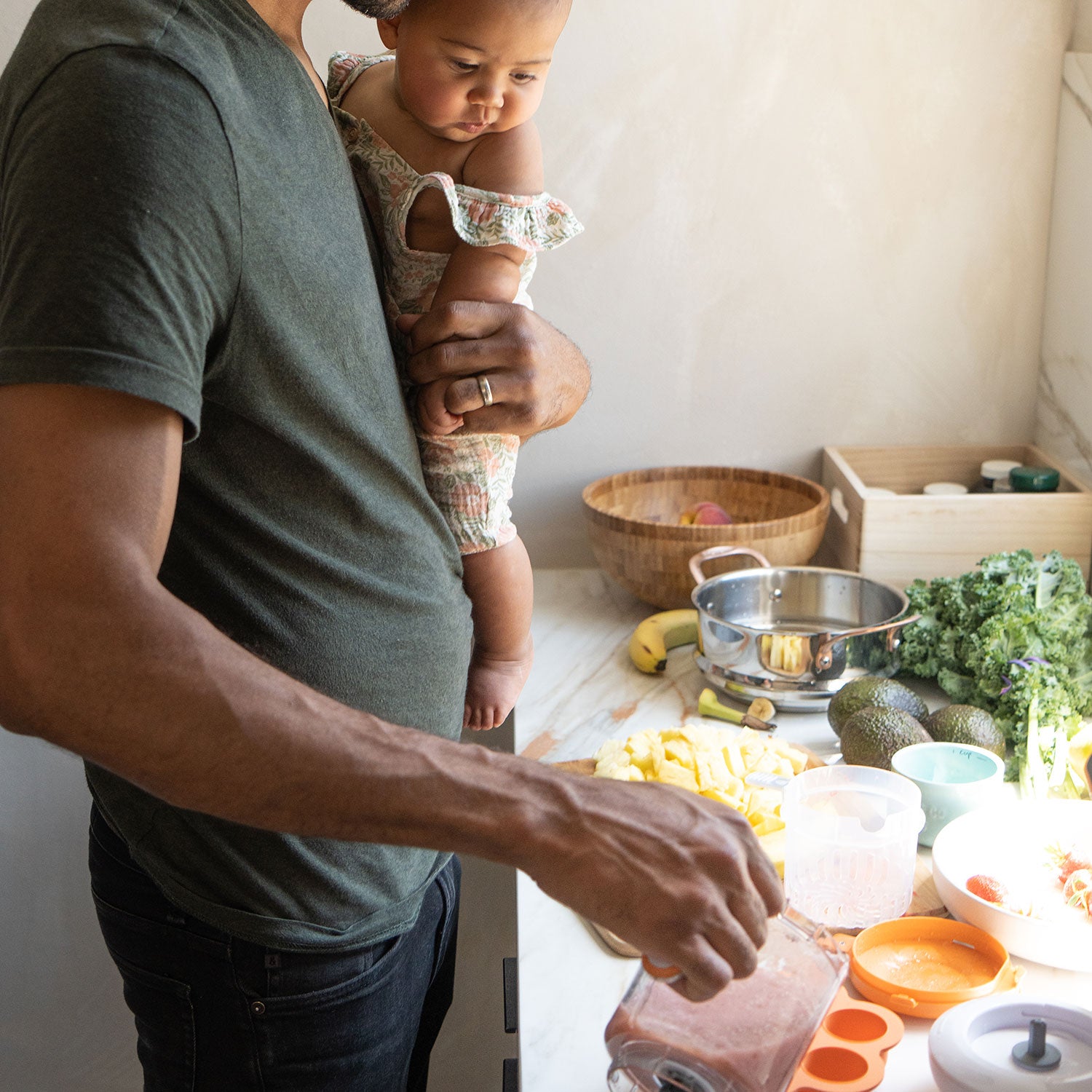

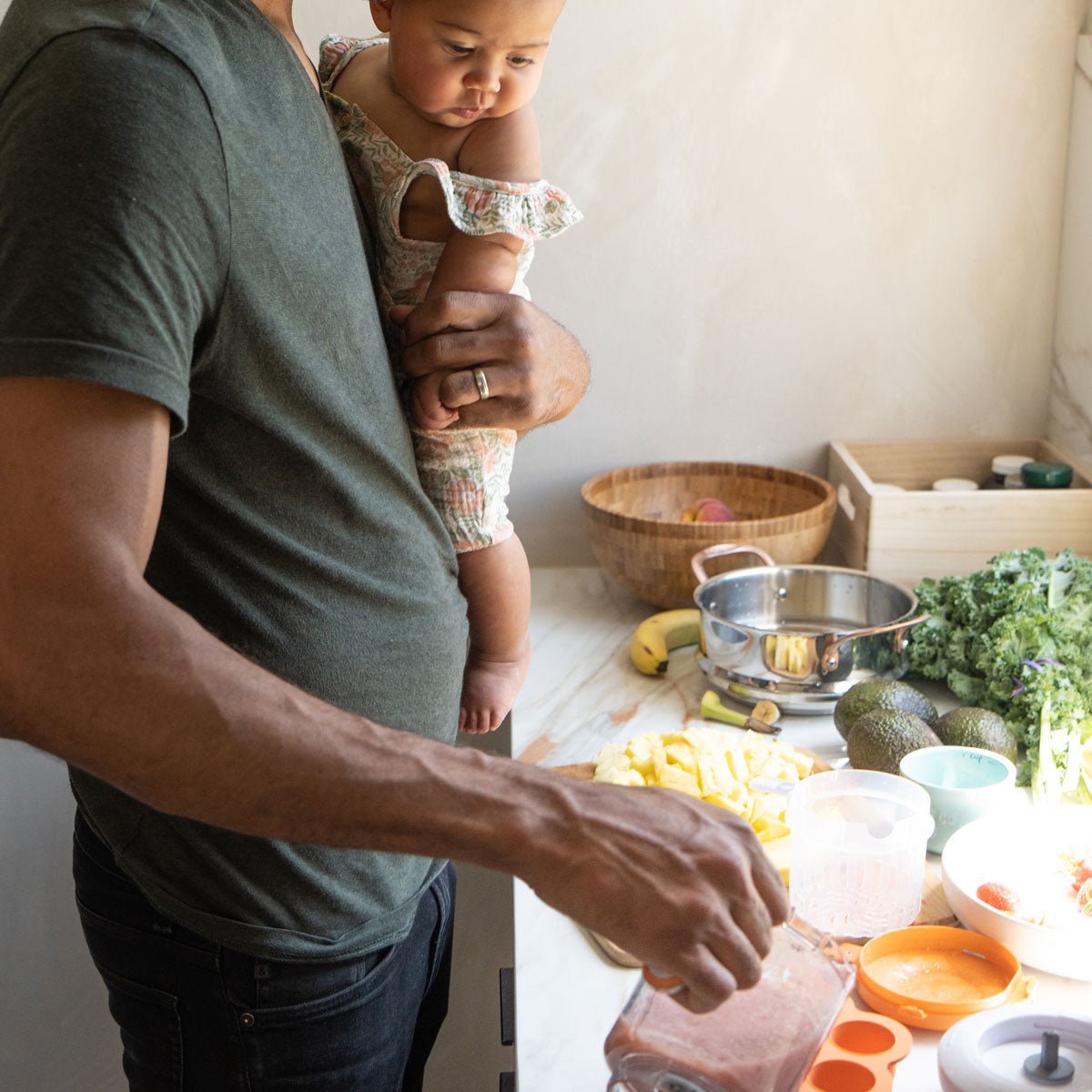
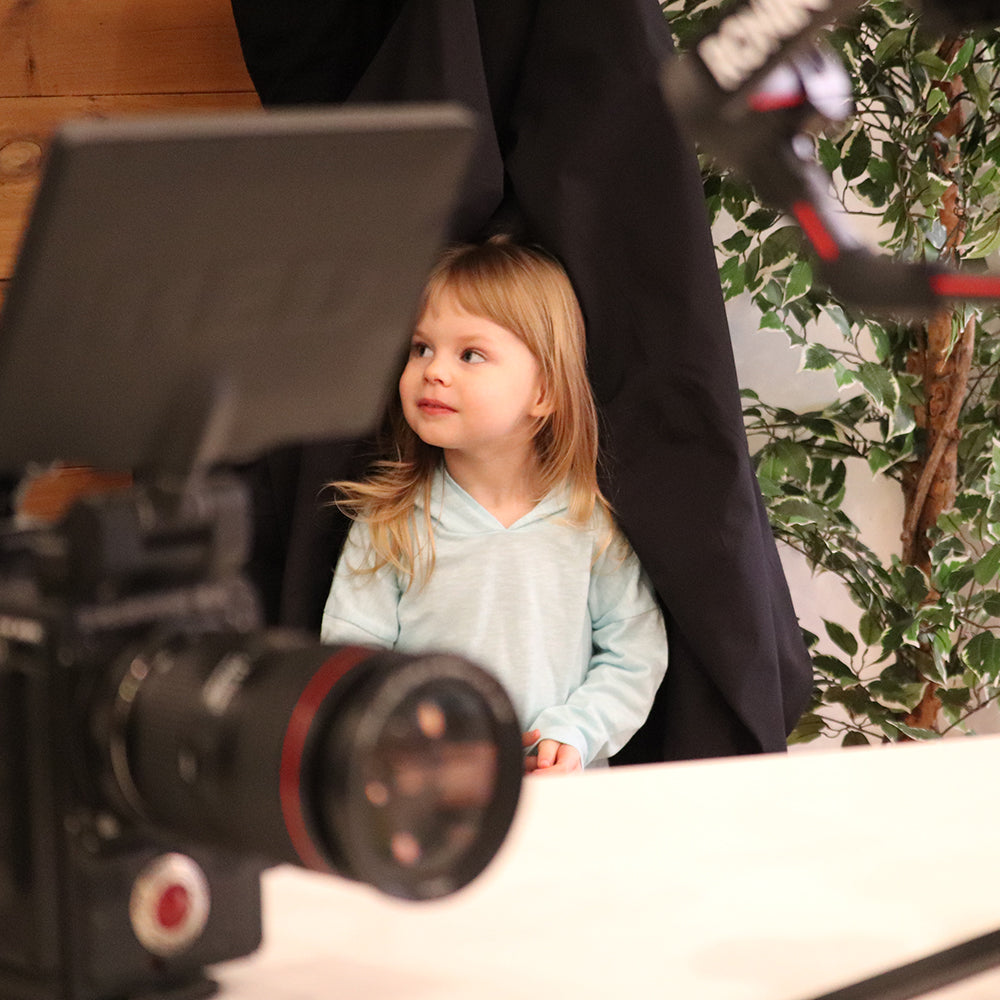
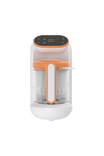
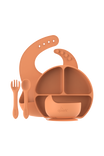
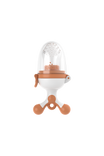
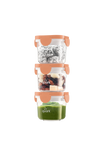

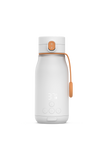
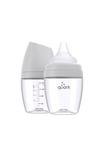
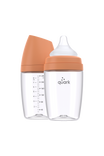
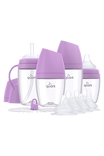
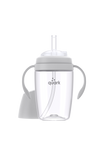
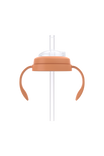
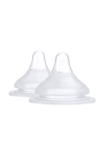
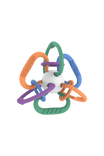


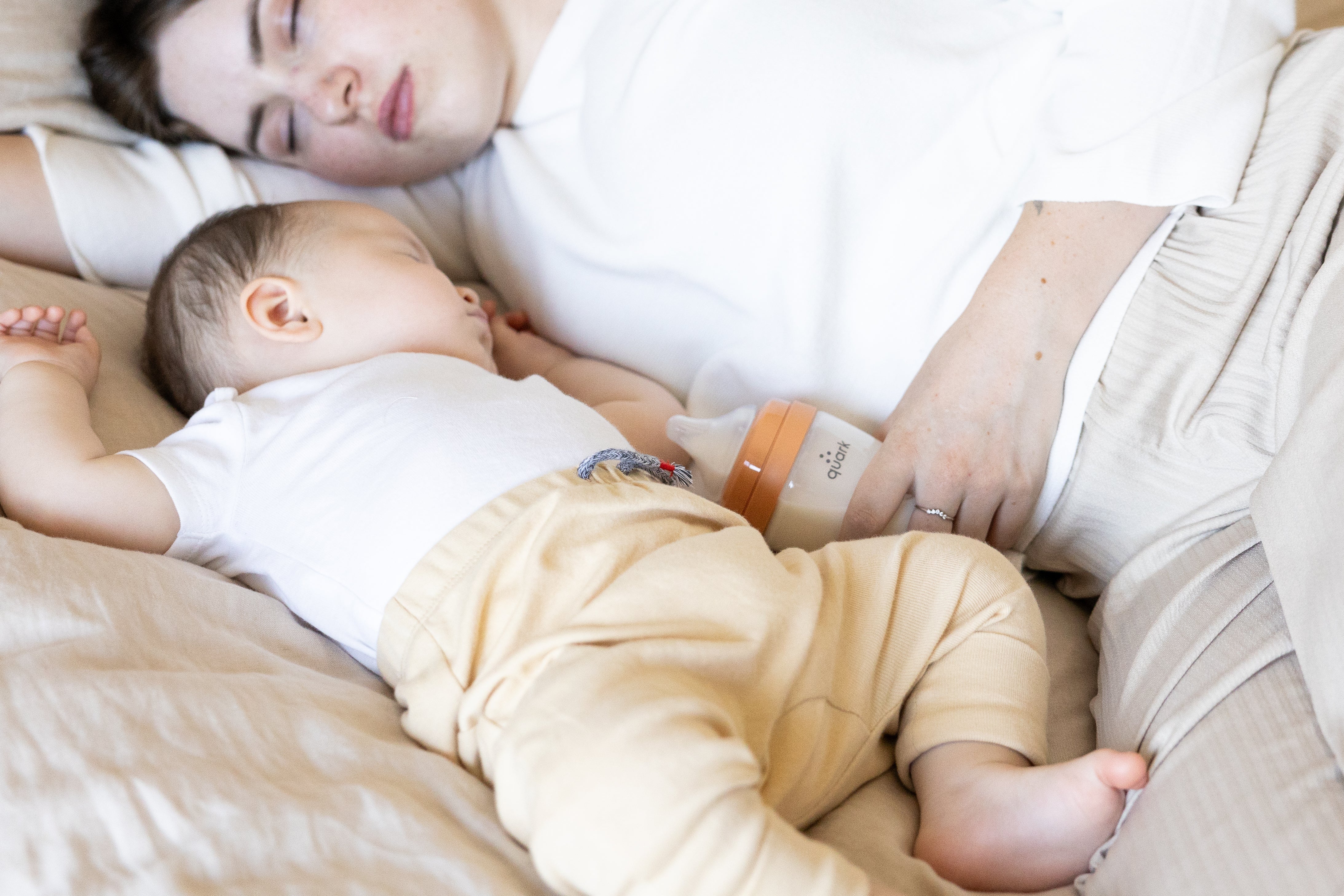

Leave a comment
All comments are moderated before being published.
This site is protected by hCaptcha and the hCaptcha Privacy Policy and Terms of Service apply.